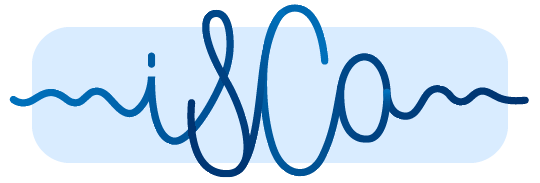- Home
- Activities
- Special Interest Groups
- Speech Synthesis - SynSig
SynSIG | Speech Synthesis Special Interest Group
The aim of ISCA's Speech Synthesis Special Interest Group (SynSIG) is to promote the study of Speech Synthesis in general. Its international and multi-disciplinary nature provides a means for sharing information both to and from different research communities involved in the synthesis of various languages.
Click here to visit the new (2025) SIG website at ISCA!
|
© Copyright 2024 - ISCA International Speech Communication Association - All right reserved.
Powered by Wild Apricot Membership Software
